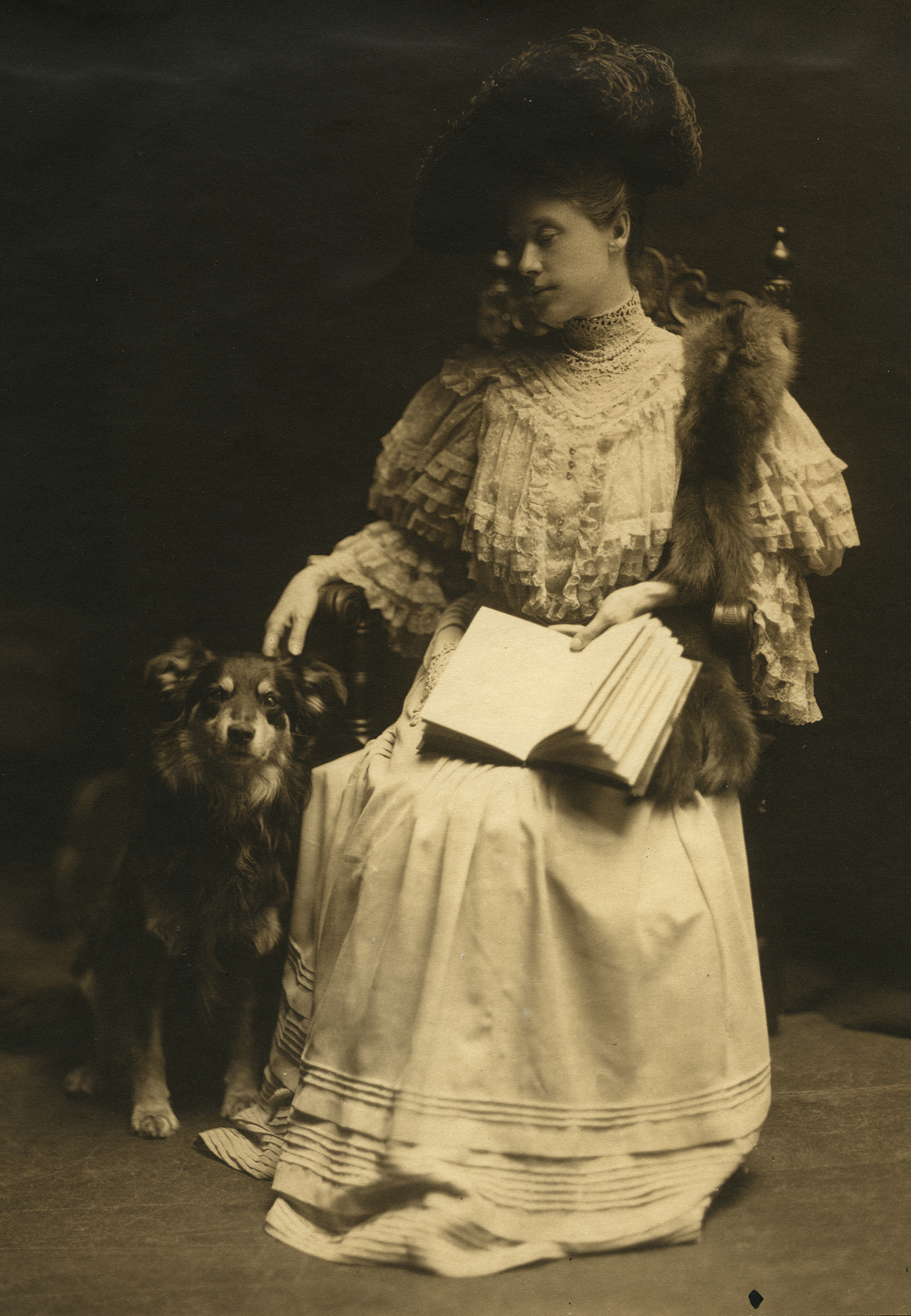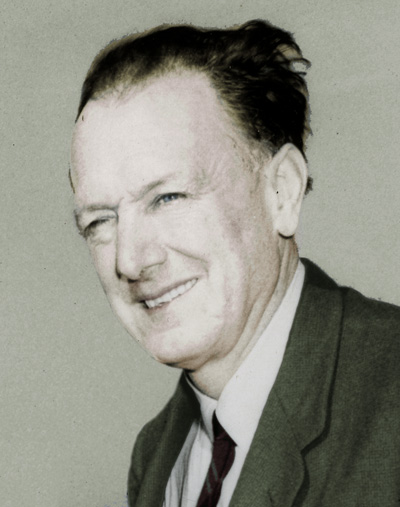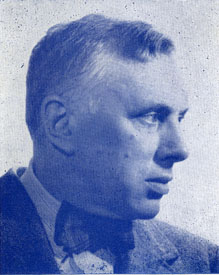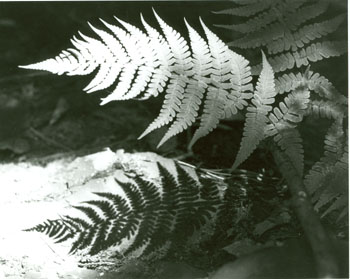Florence Porter Lyman Papers

Florence Porter Lyman (1870-1960) was born into the Chapin Moodey family in the late 19th century. She married Charles Wendell Porter, a Northampton lawyer who spent his summers in Northern Maine, in 1894. After her first husband’s death in 1899 she continued to spend her summers in Maine. She then married Frank Lyman of the prominent Lyman family in 1903. They had three children together and lived in both Northampton and Brooklyn. During her summers in Northern Maine, Florence Porter Lyman stayed in touch with her many family and friends who lived in Massachusetts and New York.
This collection contains almost forty years of Florence Porter Lyman’s in-coming correspondence. Letters refer primarily to domestic matters including: her first husband’s train accident and death, her engagement and re-marriage to Frank Lyman, and the birth of her three children.




